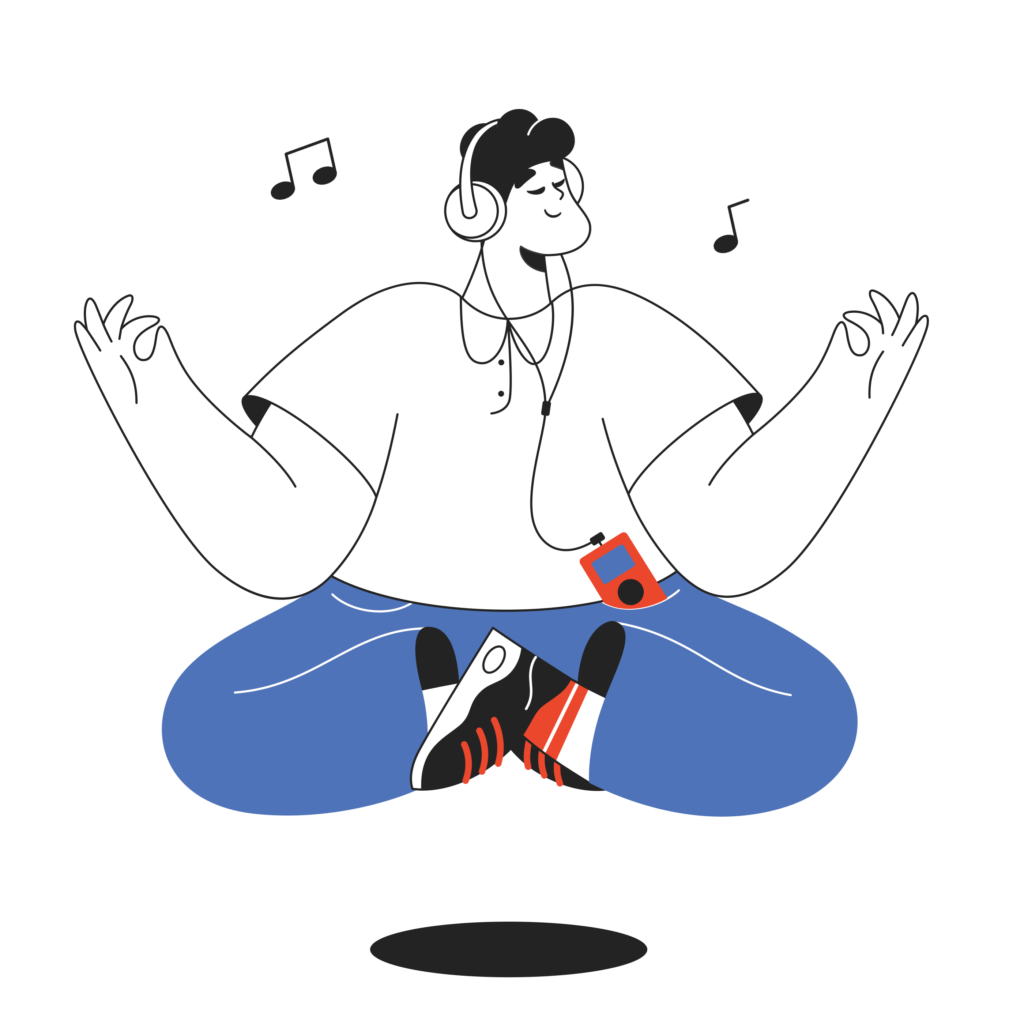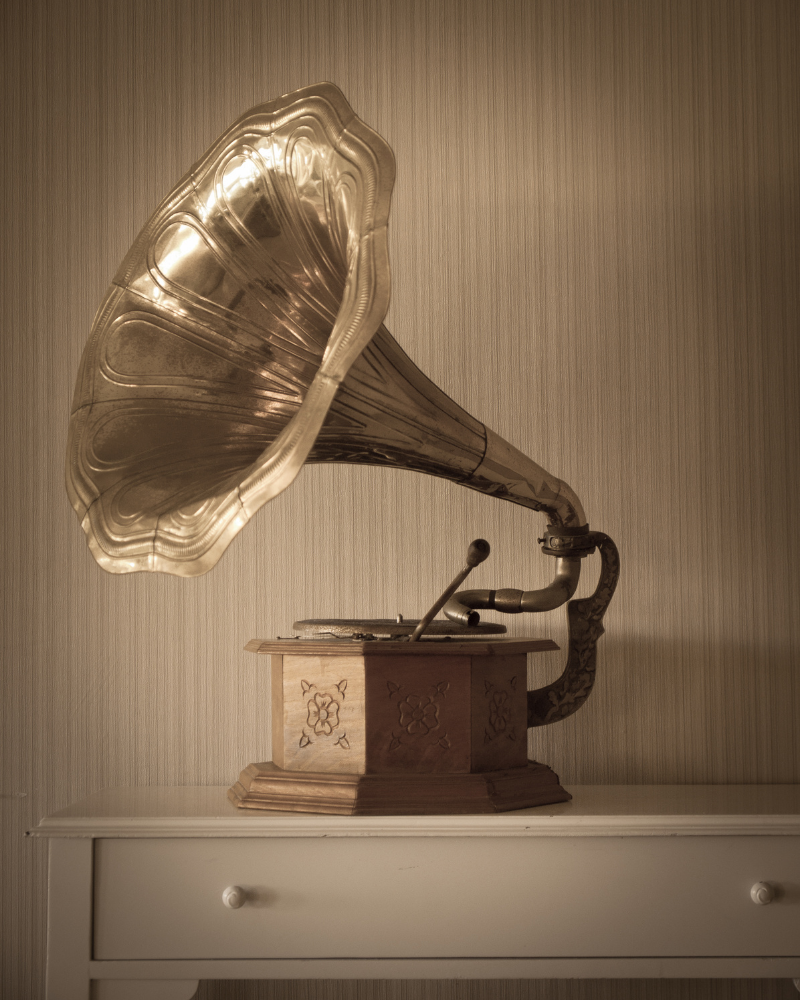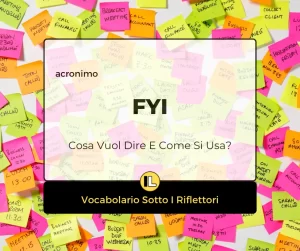Learning English through music is super fun and can be incredibly effective. Today we will focus on what kinds of songs work best when you’re using them to learn English.
Lista di vocaboli
- Catchy: orecchiabile.
- To be wired for: essere nato per fare qualcosa.
- To push a product: spronare a comprare la merce.
- To beef (something) up: rendere qualcosa più robusto.
- To stand out: risaltare dal sottofondo.
- To slur your words: biascicare; parlare in modo poco chiaro, come una persona ubriaca.
- Thumping: forte e ritmico.
- Vocalist: il cantante/ la cantante.
- Crystal clear: chiarissimo.
- Don’t get me wrong: non fraintendermi.
- Mellifluous: che scorre dolcemente; mellifluo.
- Simply put: per farla breve; in poche parole.
- To wail on the guitar: (Slang) suonare in un modo abilissimo e forte la chitarra (o qualche altro strumento musicale).
Leggi il testo
What kind of music should i listen to if i want to learn English?
Most of you have already figured out that when you pair new information with a catchy tune, you can remember it more easily. This makes sense, seeing that throughout human history, we’ve used songs as a way to pass information from one generation to the next. Our brains are wired for this kind of learning. It’s no surprise that companies use jingles to push their products and that kindergarten teachers use The Alphabet Song to teach their students the ABC’s.
Okay, so you know that memorizing English songs is a great way to beef up your vocabulary, but not all songs are created equal. Let’s talk about the qualities you should look for when choosing songs for your English learning playlist.

#1 Choose musicians whose voice you can actually hear!
This may seem obvious, but it’s crucial that you find singers who enunciate their lyrics clearly, and whose voices stand out well against their background music. Unfortunately so many singers either slur their words or sing too fast, which makes it hard to follow along. If you then add a thumping (forte e ritmico) bass guitar on top of that, it makes it really hard to understand the vocalist.
Luckily, there are plenty of songs out there whose lyrics are crystal clear! A few well-known classics are:
Shake it off, by Taylor Swift
I like this song because Taylor Swift pauses in between sentences a lot, and this gives your brain a little extra “think time” to process her words.
Taylor Swift, Raph_PH, CC BY 2.0, via Wikimedia Commons.
Working Class Hero, by John Lennon
John Lennon sings the lyrics slowly and clearly, with very little competition from the guitar in the background. (BTW, this song contains explicit lyrics, if you care about that sort of thing!)

John Lennon 1969 (cropped)-Colorized.jpg by Joost Evers/Anefo/Creative Commons Zero, Public Domain Dedication.
I will survive, covered by Cake
Don’t get me wrong, I love Gloria Gaynor’s version of this song too, but John McCrea from Cake really slows things down and his voice is so dreamy and mellifluous!

John McCrea, of Cake (Lollapalooza 2005), No machine-readable author provided. Utoks assumed (based on copyright claims)., CC BY 3.0, via Wikimedia Commons
#2 Choose songs with rhyming and repetition.
Simply put, the more often you hear something, the more likely you are to remember it. The song “Should I Stay or Should I Go?” by the Clash is a perfect example of a song that has plenty of repetition. A lot of the lyrics rhyme with each other too, which makes it easier for you as an English learner.
Should I stay or should I go?, by the Clash

Mick Jones of the Clash, 1978.jpg by UCLA Library Special Collections, CC BY 2.0, via Wikimedia Commons
#3 Learn English from musicians who have a sophisticated vocabulary.
I’m going to go ahead and date myself here, but when I was a teenager, I picked up a ton of vocabulary from Billy Corgan from the Smashing Pumpkins. Not only could he wail on the guitar, but he had an excellent command of the English language. You can particularly see this in the song Muzzle.
Muzzle, by The Smashing Pumpkins

Billy Corgan of the Smashing Pumpkins, claudia.rahanmetan, CC BY 2.0, via Wikimedia Commons
If you can handle an artist who sings a bit faster, and aren’t offended by a little foul language, then you should definitely check out the Wu Tang Clan. Their song “Reunited” is beautifully rich with vocabulary.
Reunited, by Wu-tang Clan

Wu-Tang_Clan, Festival Eurockéennes, CC BY 2.0 , via Wikimedia Commons
#4 Avoid songs that use a lot of antiquated language.

While you may really enjoy American folk music or old battle hymns, it may not be very useful to learn antiquated phrases like “by-and-by” (tra poco) or “a penny for your thoughts” (vorrei sapere a che cosa pensi).
In Conclusion...
Yes, you should absolutely use music to augment your vocabulary, BUT
- Be sure to choose musicians who sing clearly and slowly, with minimal background sounds.
- Consider songs with repetition and rhyming.
- Select musicians who have the kind of sophisticated vocabulary that you’d like to emulate.
- Avoid songs with antiquated language.
And, as always…I really recommend that you add the new words that you learn to your vocabulary list and study them later!
A presto amici!
Feedback is always Welcome
Mi faccio in quattro per rendere questo sito d’aiuto. Quindi, se hai qualsiasi feedback o se vuoi che io scriva su un tema o su una parola particolare in inglese, dimmelo nei commenti, oppure sentiti libero di darmi un suggerimento, cliccando qui.
Iscriviti alla newsletter!

Mi raccomando, iscriviti alla newsletter in modo da incoraggiarti a leggere i post per non perdertene neanche uno. Così l’apprendimento diventerà più facile e efficace. Ti prometto di non sommergerti di mail superflue.




